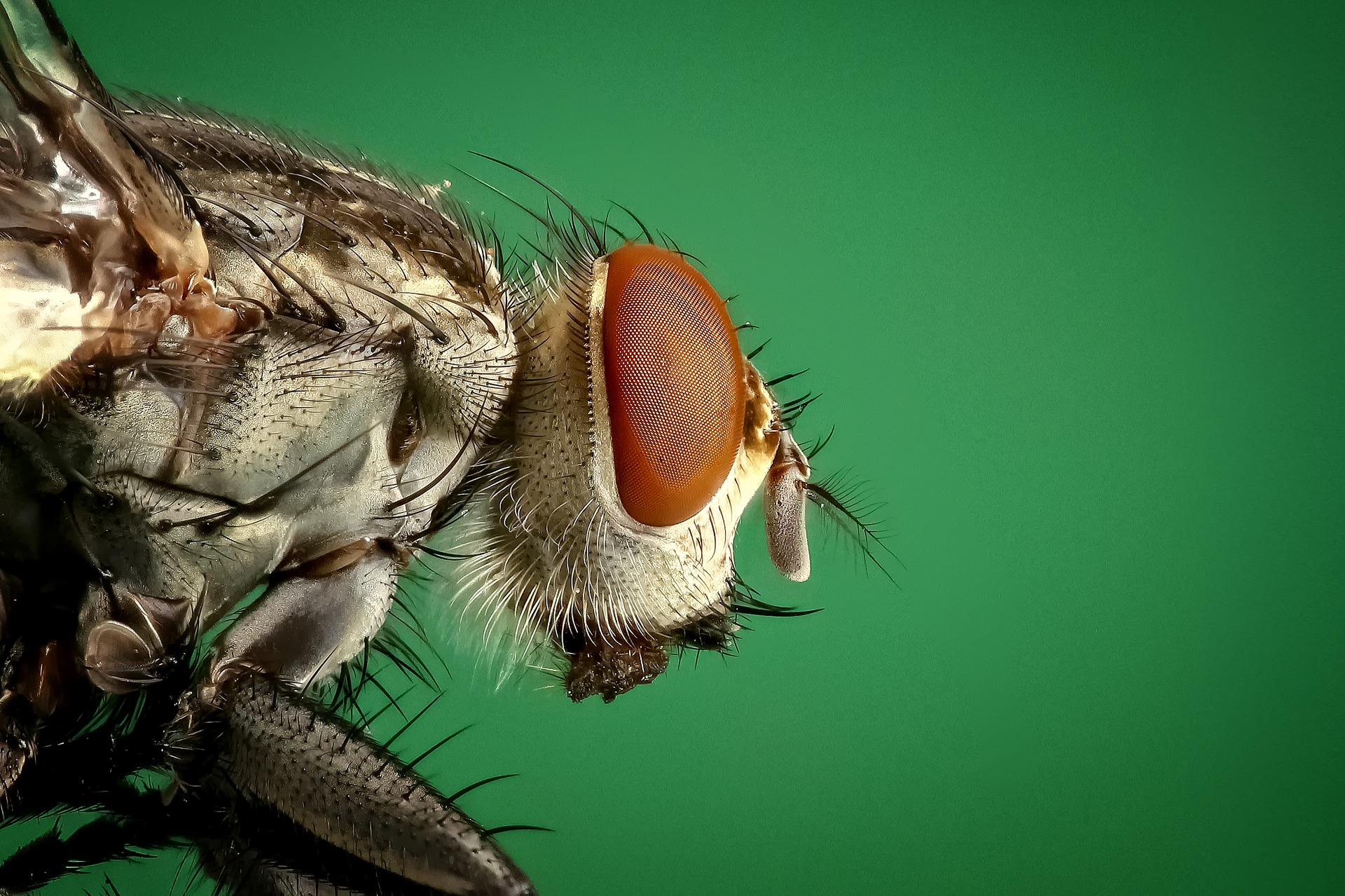In a recent study, “Arthropods of the great indoors: characterizing diversity inside urban and suburban homes”, scientists found a high diversity of insects in American homes. In the study 50 homes in North Carolina were surveyed. Scientists discovered 32 to 211 morphospecies and between 24 to 128 families of species in each of the 50 homes surveyed.
The study, which is the first of its kind, found 73 percent of the insects were made up of true flies, spiders, beetles, wasps and ants. The scientists also found that pest species were less common than non-pest species. One of the most common species found was book lice. In all of the homes surveyed in the study, only five rooms were cleared of insects (four bathrooms and one bedroom), insects were present in all other rooms.
As reported by The Atlantic insects are some of “the most successful animals on the planet”. The study was not intended to instill fear among the American public as insects have been living along side humans since the beginning of our existence and the insects found in the study are very small. They live in books, small crevices in furniture and some of them were extremely rare, according to The Atlantic. For example, the researchers found a rare telephone-pole beetle, a beetle from an extinct species. This species of beetle is known for its ability to reproduce in its larval phase.
The study is important because with more information on the diversity of species within an indoor biome, other areas of knowledge can be expanded upon.
The study is important because with more information on the diversity of species within an indoor biome, other areas of knowledge can be expanded upon. Areas such as allergen-studies and human health impacts. Researchers plan to study the most common species identified in the study and to examine factors such as a home’s structure, external environment and human behavior, and how these factors impact the range of species found in indoor biomes.
























